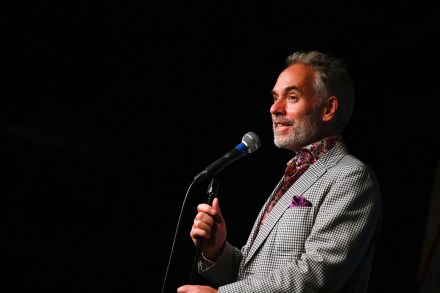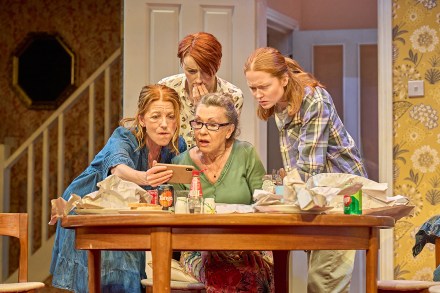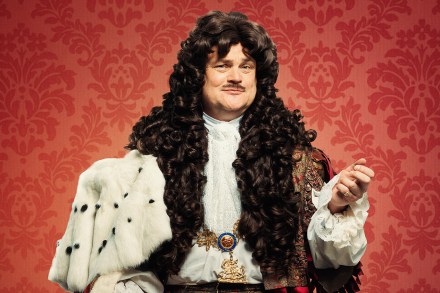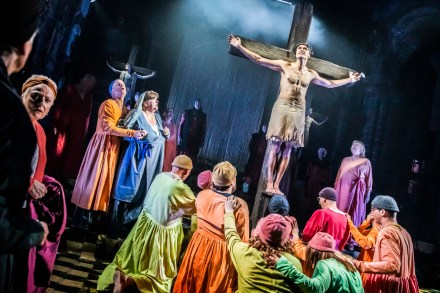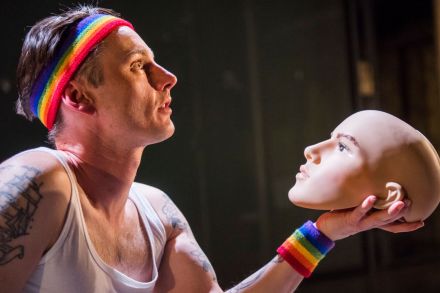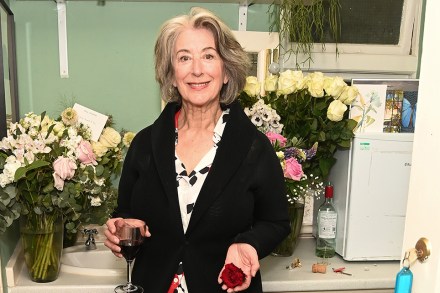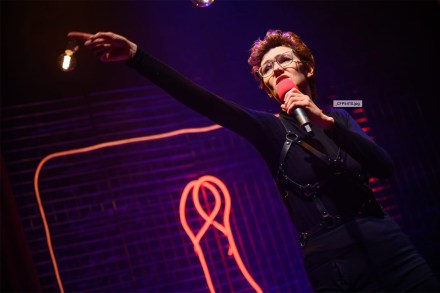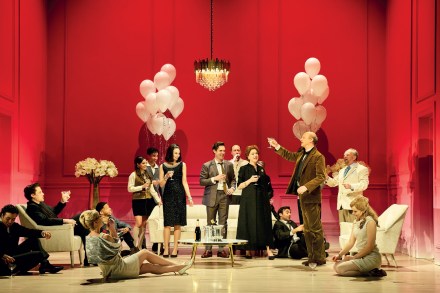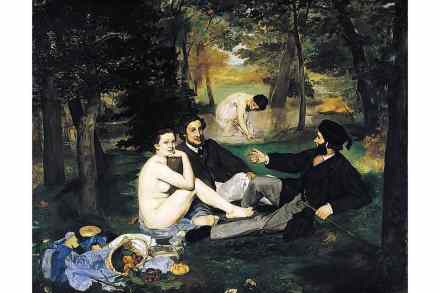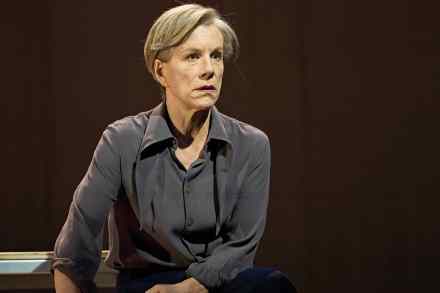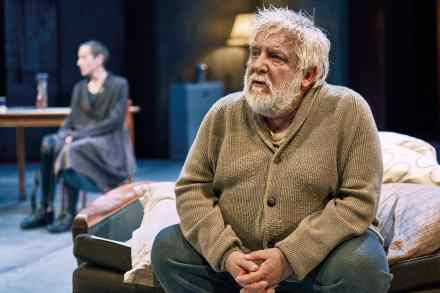A tragicomic lecture about Gold at Edinburgh Festival
A chilly August in Edinburgh. Colder than it’s been for 20 years and the city looks scruffier than ever. Locked Portakabins squat in elegant stone courtyards. Unused site machinery lies abandoned outside neoclassical museums. Pavements and bridges are scarred by ugly steel roadblocks, and lurid street signs mar the visual harmony of virtually every thoroughfare. The place seems to be governed by a crew of philistine control freaks whose bossy urges affect the festival staff. You can’t move anywhere without a lecture. ‘Go this way, not that way, mind your head, ascend the steps on the left to avoid those coming down on the right, and take off your jacket
